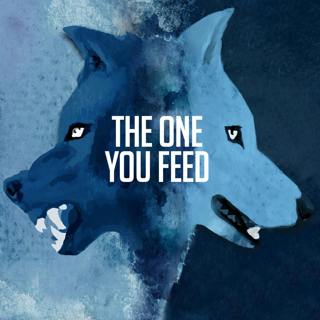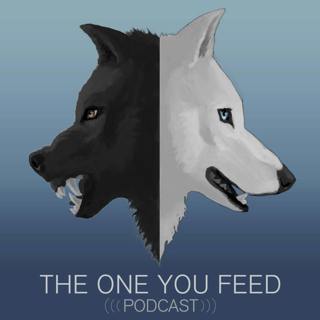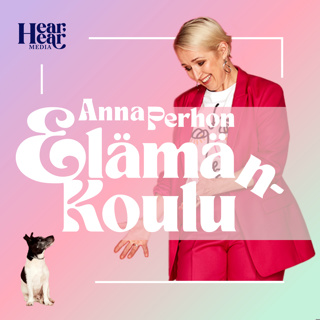
Chris Bailey on Focus, Productivity and Meditation
Chris Bailey on Focus, Productivity and Meditation See omnystudio.com/listener for privacy information. See Privacy Policy at https://art19.com/privacy and California Privacy Notice at https://art19.c...
28 Elo 201858min

Terry Patten on Inner-Work and Outer-Work
Terry Patten on Inner-Work and Outer-Work See omnystudio.com/listener for privacy information. See Privacy Policy at https://art19.com/privacy and California Privacy Notice at https://art19.com/privac...
22 Elo 201850min

Jillian Pransky on Deep, Somatic Listening
Jillian Pransky is a Certified Yoga Therapist, a teacher and an author of the new book, Deep Listening: A Healing Practice to Calm Your Body, Clear Your Mind and Open Your Heart. In this interview, Ji...
15 Elo 201852min

Judson Brewer: Addiction and the Craving Mind
Judson Brewer MD PhD is widely considered an expert in the areas of habit change, the "science of self-mastery" and mindfulness training for addiction. He has published a number of peer-reviewed artic...
8 Elo 201849min

Leaving My job
I'm talking about the fears that come with leaving my job and how I'm working with that. And I'm sharing the thoughts about going from your full-time job to something else you might love. See omnystu...
5 Elo 201813min

Josh Korda: Unsubscribe: Opt Out of Delusion
Josh Korda is the guiding teacher of Dharma Punx in NYC and a fully empowered Buddhist teacher in the Against the Stream lineage. He has led numerous online and residential retreats and is also widely...
1 Elo 201846min

Anne Bogel on Seeing the World Through Personality
Anne Bogel is an author, podcast host, avid reader and personality assessment expert. That's what you'll see when you read her new book, How Seeing the World Through the Lens of Personality Changes Ev...
25 Heinä 201852min

Culadasa on How the Mind Works Part 2
Culadasa is a meditation master with over 4 decades of experience in the Tibetan and Theravadan Buddhist traditions. He taught classes in neuroscience and psychology at the Universities of Calgary and...
18 Heinä 201839min






















